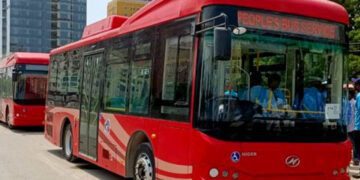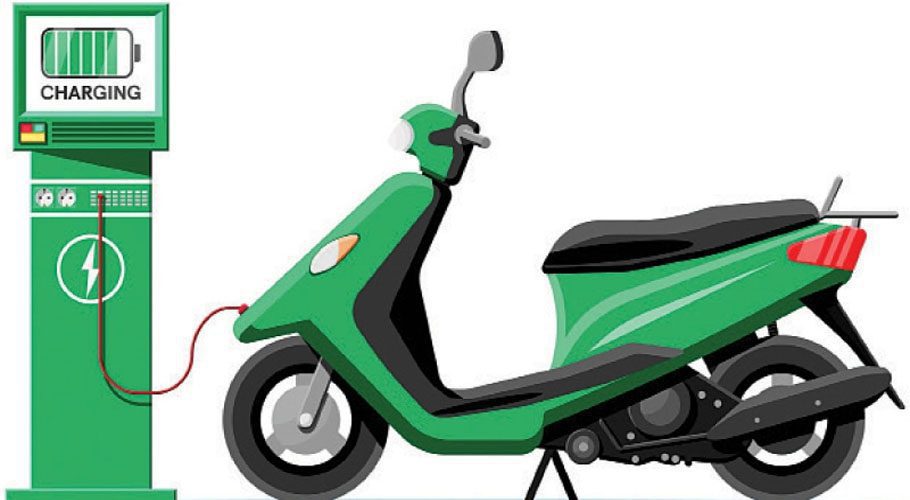![]() Follow Us on Google News
Follow Us on Google News
Pakistani Tehreek-e-Insaf (PTI) has joined hands with the Sunni Ittehad Council (SIC) in a bid to secure its share of reserved seats in the National Assembly and four provincial assemblies. However, legal experts say that this move may not prove fruitful for the PTI.
As PTI did not contest the February 8 elections as a party, the Election Commission of Pakistan (ECP) denied granting it a party electoral symbol, citing the party’s failure to conduct intra-party elections according to its constitution. Consequently, PTI candidates participated in the elections as independent candidates.
Since the ECP rules state that only a party participating in the elections with its electoral symbol is entitled to receive shares in the reserved seats in national and provincial assemblies, PTI is unable to secure these seats even though its backed candidates have won with a majority. Another ECP rule states that an independent candidate must join any political party within three days after the notification of their success.
To overcome these legal obstacles, PTI announced on Monday that all its backed candidates who won the elections will join SIC in the National Assembly and provinces, including Punjab and Khyber Pakhtunkhwa. Despite SIC not winning any seats in the National Assembly, and its chairman contesting on a PTI-supported independent seat, it is a registered party and independent candidates can join it.
Furthermore, according to the ECP rule, a political party must submit its list of candidates for reserved seats almost a month before the polling day. However, SIC had not submitted this list, posing another legal challenge to the PTI’s alliance with SIC.
Analysts say that SIC will apply with the ECP, stating the number of MNAs and MPAs it has and requesting its reserved seats list to be accommodated.
While the PTI gaining its reserved seats won’t help it form the government, it will undoubtedly strengthen its position in the National Assembly. Nevertheless, legal challenges are expected, and someone may take the matter to court.
Legal experts warn that not granting the PTI its reserved seats could lead to an incomplete parliament.
The National Assembly of Pakistan has a total of 70 reserved seats, with 60 for women and 10 for religious minorities. The Punjab Assembly has 74 reserved seats, including 66 for women and 8 for minorities. The Sindh Assembly has 38 reserved seats, comprising 29 for women and nine for minorities. The Khyber Pakhtunkhwa Assembly has 30 reserved seats, with 26 for women and 4 for non-Muslim minorities. In the Balochistan Assembly, there are 14 reserved seats, with 11 for women and 3 for minorities.
It should be noted that besides playing a crucial role in the formation of governments both at the center and in provinces, these reserved seats also play a vital role in the elections of the Senate and the President of Pakistan.



























